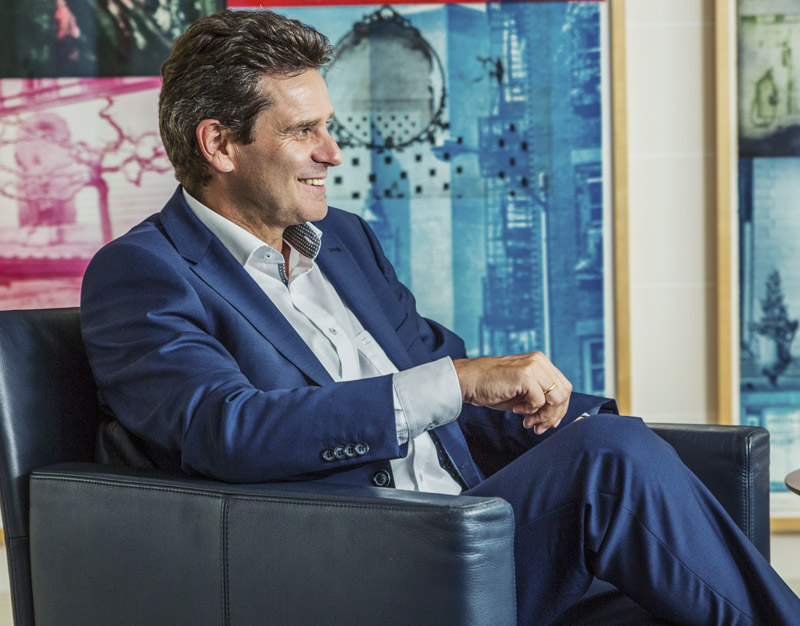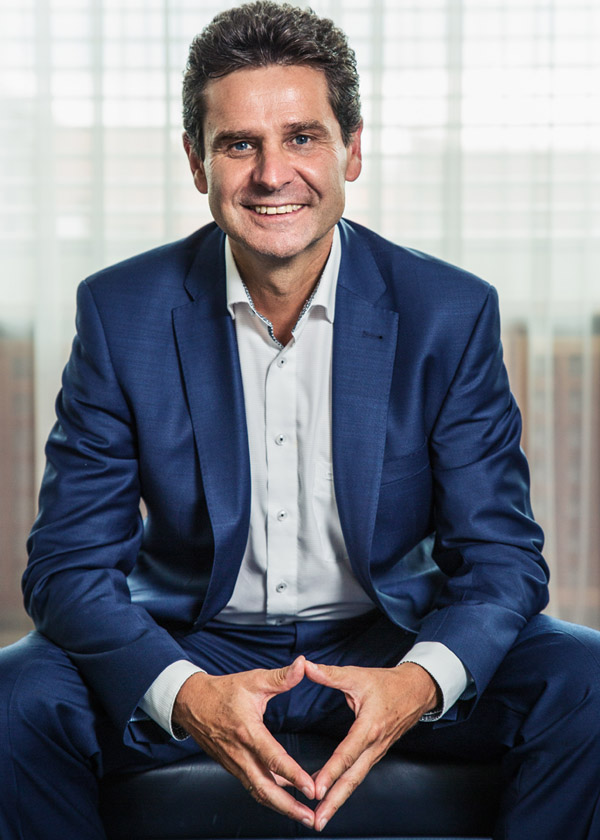Where do the dangers come from, specifically?
There are different sources. Allianz customers communicate with the company via a number of digital channels, which opens up vulnerabilities for IT hacks. Additionally, new digital platforms, products and services as well as big data or cloud applications on the company’s side need to be evaluated carefully in terms of security too.
Is there a worst-case scenario?
That will happen when we are attacked by AI machines. They are so fast that human interaction can do nothing to stop them. Then we have to use machines against them. In technical jargon, we call this “autonomous cyberdefense.
What needs to be done?
“Prevention. Detection. Response.” A threat that has been set loose cannot spread. Speed is of the essence because any damage that could occur would increase rapidly. We need to react in real time with the highest priority. That means we need to provide for all contingencies ahead of time, we need to have rehearsed the important steps to take and know which partners would support us with their expertise if it came to a worst-case scenario. Those people need to be top experts in their fields, masters of their tools and processes.

